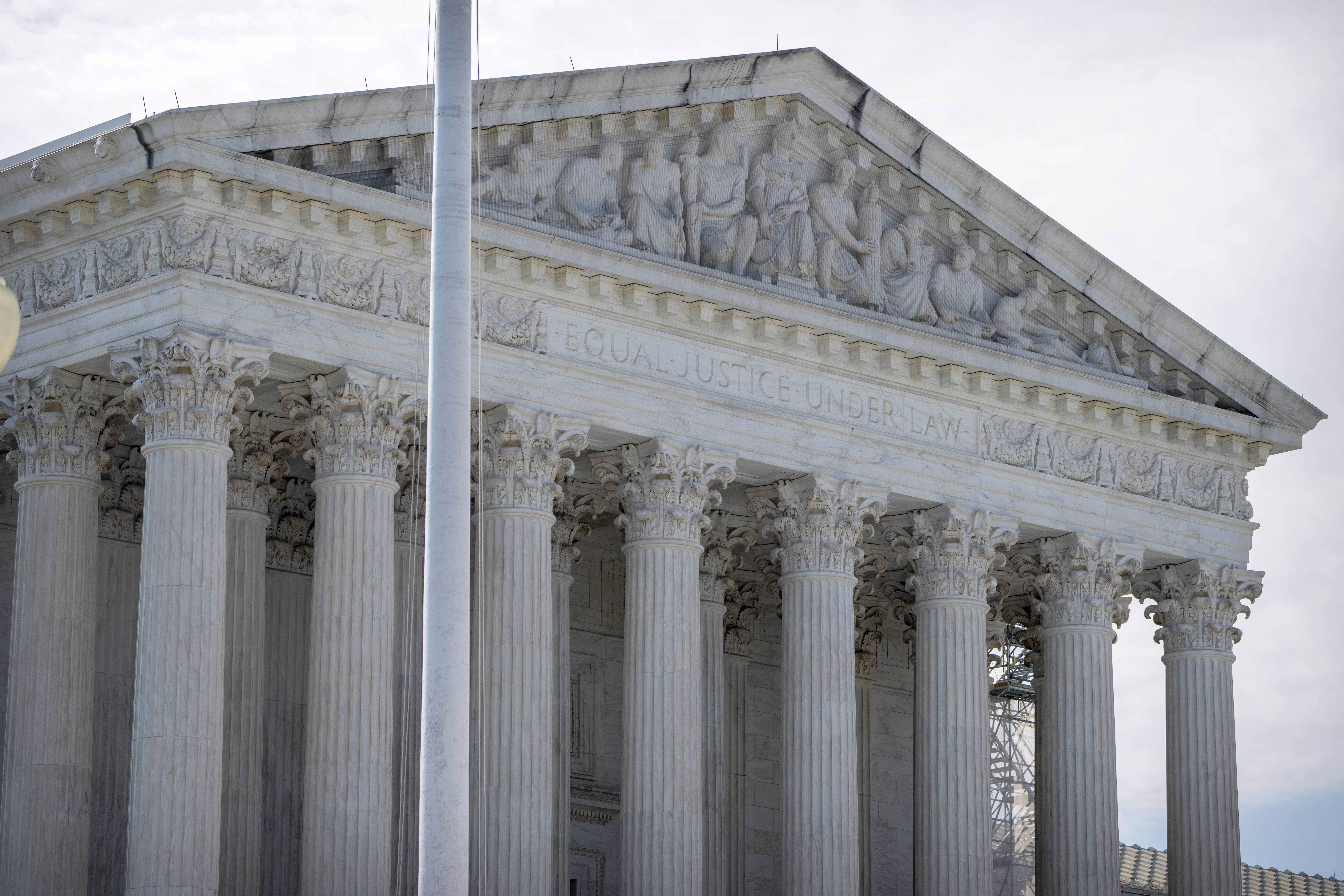Texas hospitals will not be forced to perform emergency abortions after Supreme Court declines to hear appeal
The Supreme Court has let stand a decision barring emergency abortions that violate the law in Texas, which has one of the country’s strictest abortion bans

The Supreme Court on Monday let stand a decision barring emergency abortions that violate the law in Texas, which has one of the country's strictest abortion bans.
Without detailing their reasoning, the justices kept in place a lower court order that said hospitals cannot be required to provide pregnancy terminations that would violate Texas law.
The Biden administration had asked the justices to throw out the lower court order, arguing that hospitals have to perform abortions in emergency situations under federal law. The administration pointed to the Supreme Court's action in a similar case from Idaho earlier this year in which the justices narrowly allowed emergency abortions to resume while a lawsuit continues.
The administration also cited a Texas Supreme Court ruling that said doctors do not have to wait until a woman’s life is in immediate danger to provide an abortion legally. The administration said it brings Texas in line with federal law and means the lower court ruling is not necessary.

Texas asked the justices to leave the order in place, saying the state Supreme Court ruling meant Texas law, unlike Idaho’s, does have an exception for the health of a pregnant patient and there's no conflict between federal and state law.
Doctors have said the law remains dangerously vague after a medical board refused to specify exactly which conditions qualify for the exception.
There has been a spike in complaints that pregnant women in medical distress have been turned away from emergency rooms in Texas and elsewhere as hospitals grapple with whether standard care could violate strict laws against abortion.
Pregnancy terminations have long been part of medical treatment for patients with serious complications, as way to to prevent sepsis, organ failure and other major problems. But in Texas and other states with strict abortion bans, doctors and hospitals have said it is not clear whether those terminations could run afoul of abortion bans that carry the possibility of prison time.
The Texas case started after the Supreme Court overturned Roe v. Wade in 2022, leading to abortion restrictions in many Republican-controlled states. The Biden administration issued guidance saying hospitals still needed to provide abortions in emergency situations under a health care law that requires most hospitals to treat any patients in medical distress.
Texas sued over that guidance, arguing that hospitals cannot be required to provide abortions that would violate its ban. The 5th U.S. Circuit Court Appeals sided with the state, ruling in January that the administration had overstepped its authority.
Bookmark popover
Removed from bookmarks